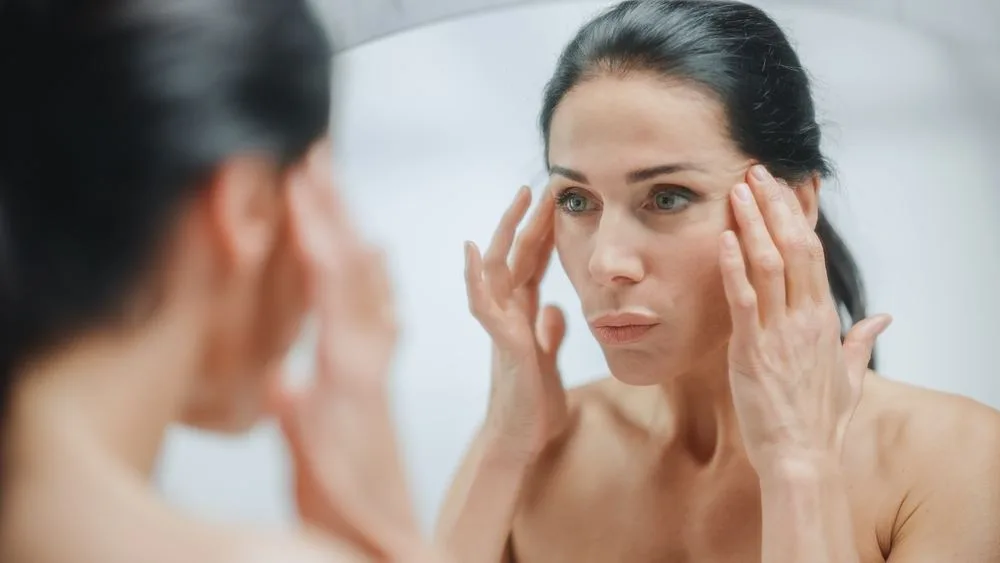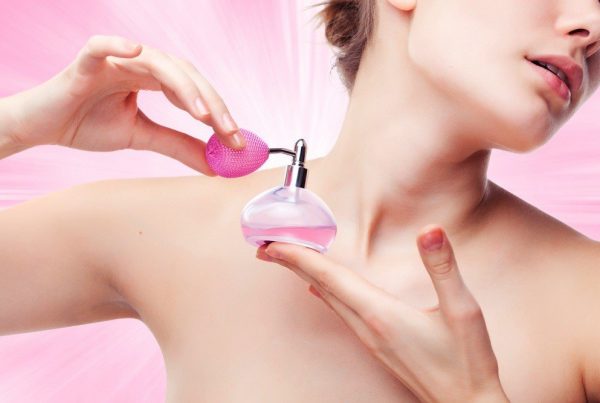Derma-rolling has become a major trend but just because something is trendy, doesn’t mean that it’s safe or that you should do it. Derma-rollers have been a highly contested skincare tool since they became freely available for us to use at home. However, this trend might just be one to avoid. According to skin-care experts, this isn’t a tool you want to take home as it might well do more harm than good. But are there some possible benefits, or should we all leave this beauty tool to the pros?
Derma-rolling vs Micro-needling: What’s the difference?
Derma-rollers are a skincare tool that has, recently, skyrocketed in popularity but what exactly are they and what are they supposed to achieve? They contain hundreds of tiny needles. It’s important to note that these are supposed to be an at-home replacement for micro-needling. Micro-needling can only be done by aestheticians or dermatologists. Micro-needling treatments make use of tiny needles that are essentially stamped into the skin and specifically targeted. Derma-rollers on the other hand literally, as the name suggests, roll over the skin.
Professional needles are also generally able to penetrate the skin more efficiently and effectively as the needles are better quality and, often, sharper and longer. Traditional micro-needling has been used in commercial spaces since the 90s. Derma-rollers on the other hand are a much newer invention and found fame on TikTok.
Why would you use a derma-roller or get micro-needling?
Both of these are supposed to achieve the same objective. The tiny needles are supposed to rejuvenate the skin overall. They are generally considered useful in the treatment of scarring, wrinkles, stretch marks, alopecia, and other skin concerns. But will the DIY tool that you can purchase online actually make any difference?
For Skin Longevity
When you use them on the face, the derma roller’s 100s of tiny needles will create tiny punctures in the epidermis. Theoretically, using a derma roller can help to improve the appearance of your skin and give you a more youthful appearance. This is because those tiny injuries trigger the body into actioning the wound-healing process. This, in turn, stimulates cell regeneration, collagen, and elastin production. Essentially, this kicks the skin into recovery mode which can help to reduce the appearance of fine lines and wrinkles as the skin is forced into healing.
Product penetration
The derma-roller also helps in creating ‘microchannels’ that allow for increased product absorption. This ensures that any products that are applied to the face are more effective. In theory, this will supercharge your skin and the products you use topically are able to penetrate further increasing their efficacy. It is worth noting that this isn’t always a good thing. However, using a derma roller in combination with hair growth serums on the scalp has been known to significantly boost their efficiency.
So, is derma rolling safe to do at home?
The simple answer is that you can but it should be done with extreme caution. Ultimately, whether or not you go for a ‘DIY’ derma-roller is dependent on how committed you are to the process and what your goals are. There are quite a few risks associated with using a derma roller at home so buying one isn’t something you should wade into blindly. If you aren’t careful, you could end up with more skin problems. They can, if used incorrectly and not properly cleaned, cause infection, scarring, or permanently damage the skin.
Derma-rollers are a trendy option but it goes without saying that they are by no means the only option. There are plenty of alternative at-home anti-aging and skincare treatments.
If you are going to opt for at-home derma rolling, play it safe
It’s vital to keep in mind that this is a tool that should be used with caution. It is imperative that these steps be followed in order to reduce the risk of using this device at home.
- Only use it on freshly washed skin without wounds or blemishes
- Clean the roller both before and after use.
- Don’t store it where with may come into contact with bacteria frequently. It should be washed, dried, and put away. Keeping one of these exposed to germs is not a good idea.
- Be careful which products you use with your derma roller as not all of them are suitable. Things like hyaluronic acid and aloe vera are great to use. However, stronger actives like retinols are to be avoided.
- Avoid using it too often and make sure to avoid going over the same area too many times
What’s the takeaway?
If you do opt for using a derma roller, it is vital that you are careful with how, when, and where you use it. Deeper scars and serious skin concerns should be attended to by a qualified professional. If you’re prescription-grade products, a derma roller shouldn’t really be necessary as they can generally penetrate the skin without any added stimulation. As long as you’re clearing out any dead skin with an exfoliator, your products should be penetrating the skin just fine. However, if used properly, derma-rollers can be very useful. Acne scars, encouraging hair growth, and increasing the longevity of the skin are all potential benefits. Make sure that you get a good quality one, keep everything clean and you’re ready to go.



![women [longevity live]](https://longevitylive.com/wp-content/uploads/2020/01/photo-of-women-walking-down-the-street-1116984-100x100.jpg)










